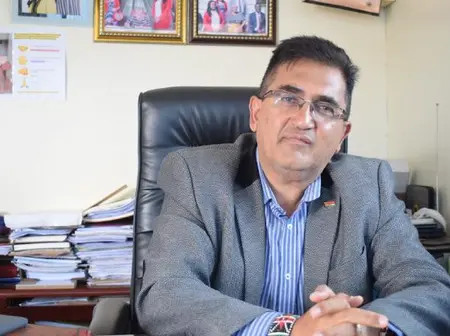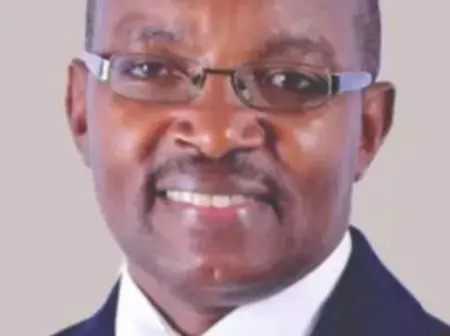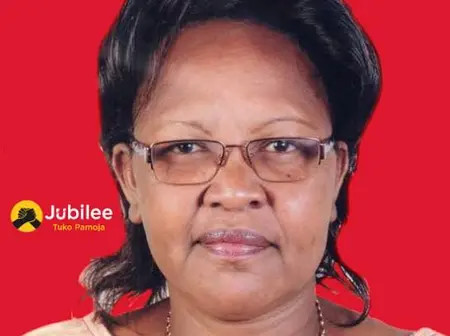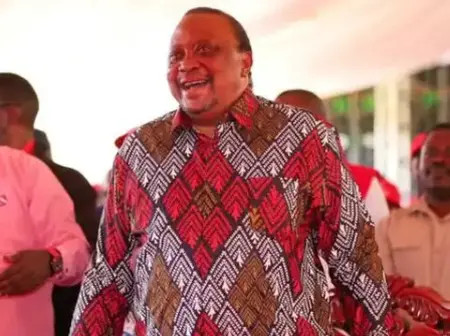
Parliament has been thrown into a heated debate after North Imenti MP Rahim Dawood openly questioned the relevance of legislative work if the President’s reservations continue to dictate the fate of laws passed in the House.
Speaking during a plenary session, Dawood expressed frustration over what he termed as the growing trend of the Executive undermining Parliament’s role in lawmaking.
He noted that the Constitution gives the National Assembly the primary mandate to legislate, yet in practice, presidential reservations frequently water down or stall laws before they can take effect.
“There’s no point in making any laws in this House, because if the President’s reservations always have to be taken into account, then what is the point of law-making?” Dawood posed.
The North Imenti legislator argued that Kenya risks sliding into a situation where Parliament becomes a ceremonial rubber stamp for the Executive. He warned that this undermines the principle of separation of powers and the system of checks and balances envisioned in the 2010 Constitution.
Over the past two years, several high-profile bills passed by Parliament have been returned to the House with amendments suggested by President William Ruto.
While the law allows the President to raise reservations and send legislation back for review, critics argue that this power is increasingly being used to override the will of legislators.
Some MPs defended the President’s actions, saying they are necessary to ensure that laws are aligned with economic realities and do not contradict existing legal frameworks.
Others, however, backed Dawood, insisting that continuous interference from the Executive dilutes Parliament’s oversight role and weakens democracy.
Analysts observe that this debate underscores a long-running tension between the two arms of government. The Executive often prioritizes policy continuity and fiscal responsibility, while legislators push for laws reflecting grassroots demands.
As the standoff deepens, questions are emerging on whether Parliament can assert its independence or whether the balance of power will tilt further in favor of the Presidency. For now, Dawood’s bold remarks have reignited a national conversation on the real weight of Parliament in shaping Kenya’s governance.




